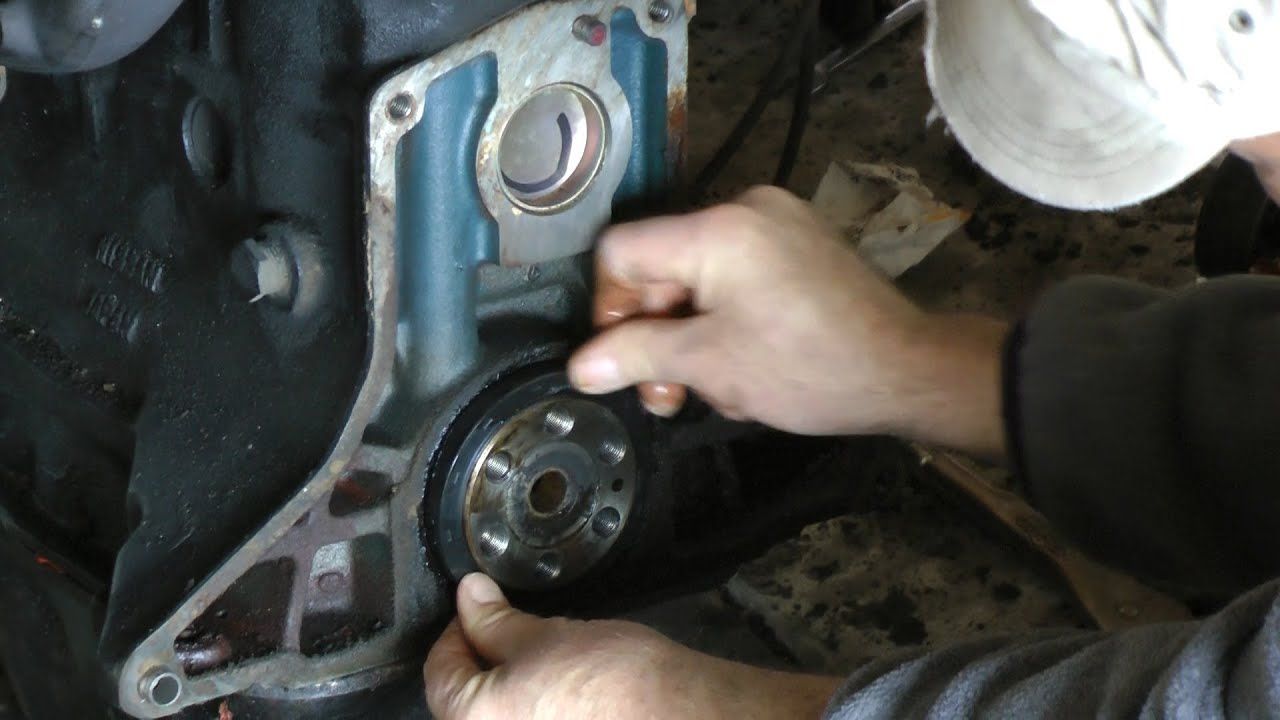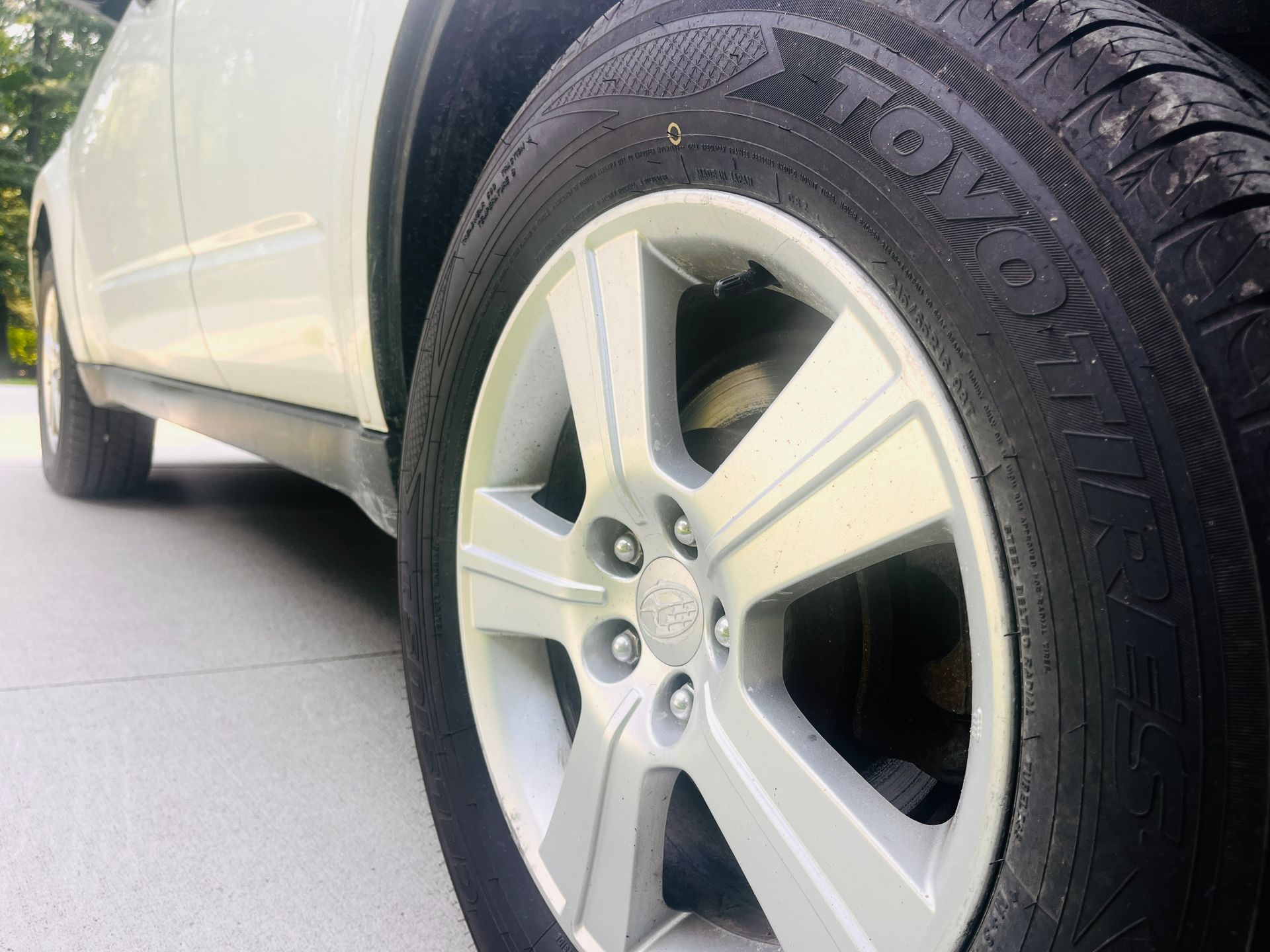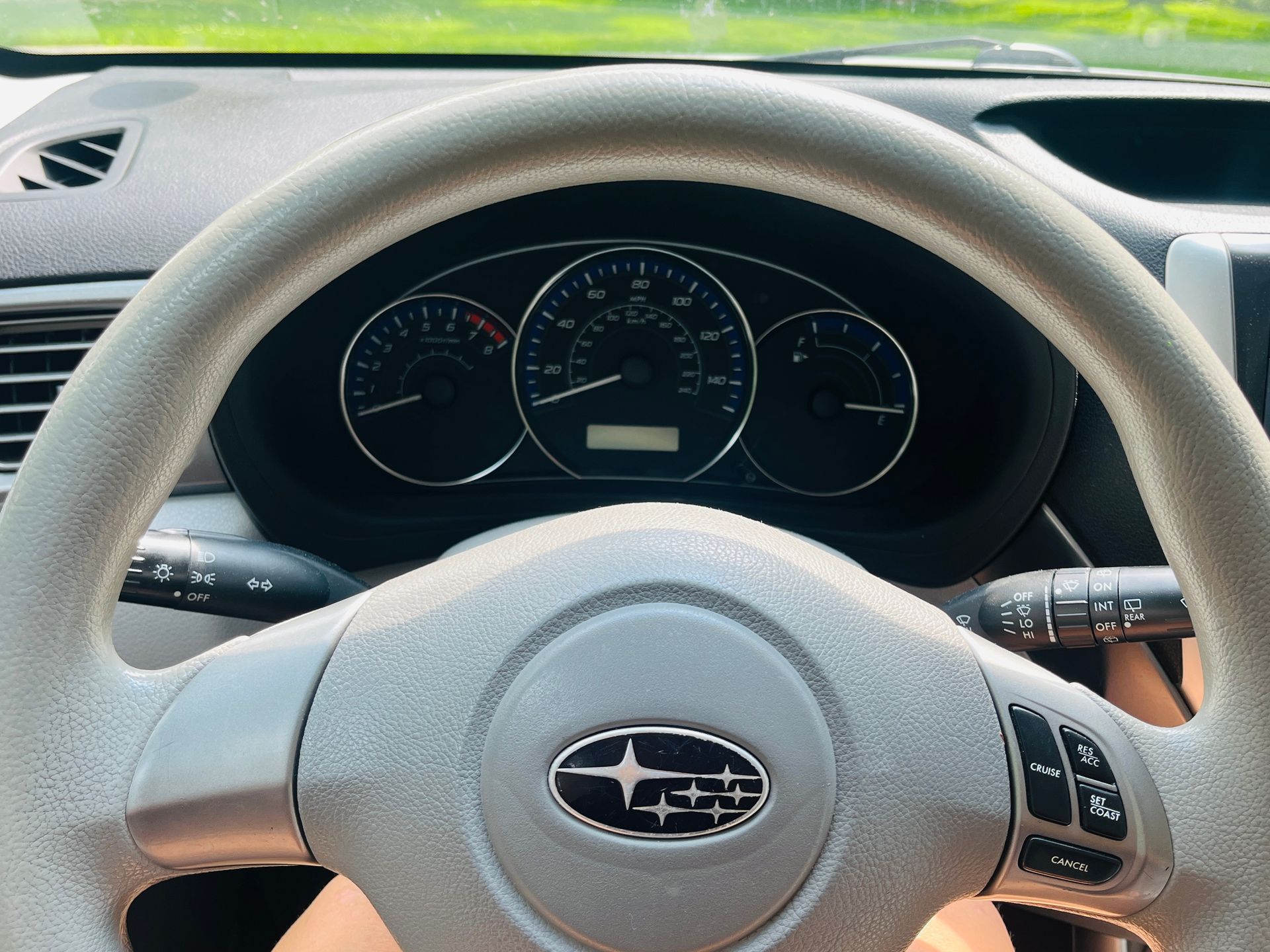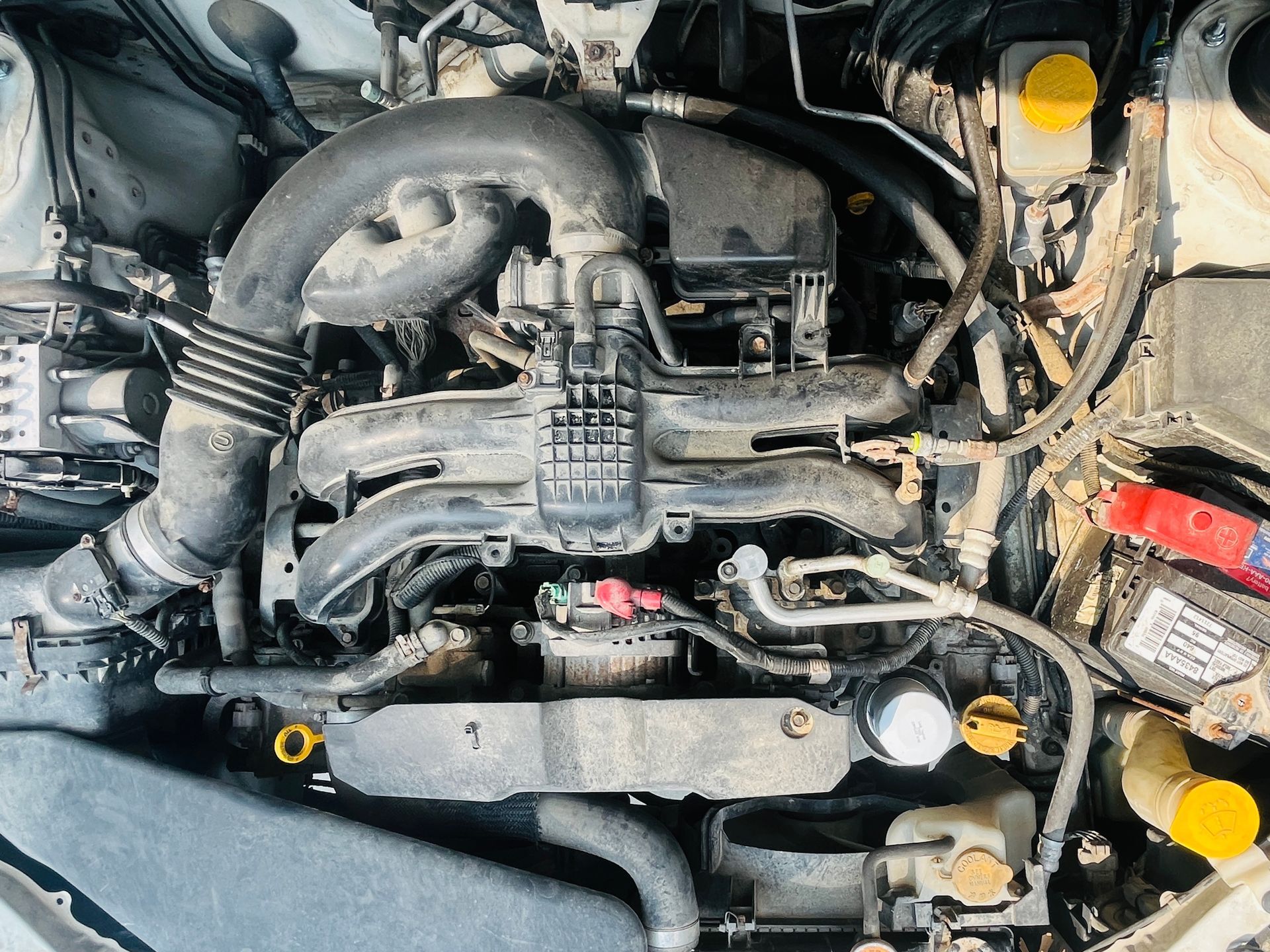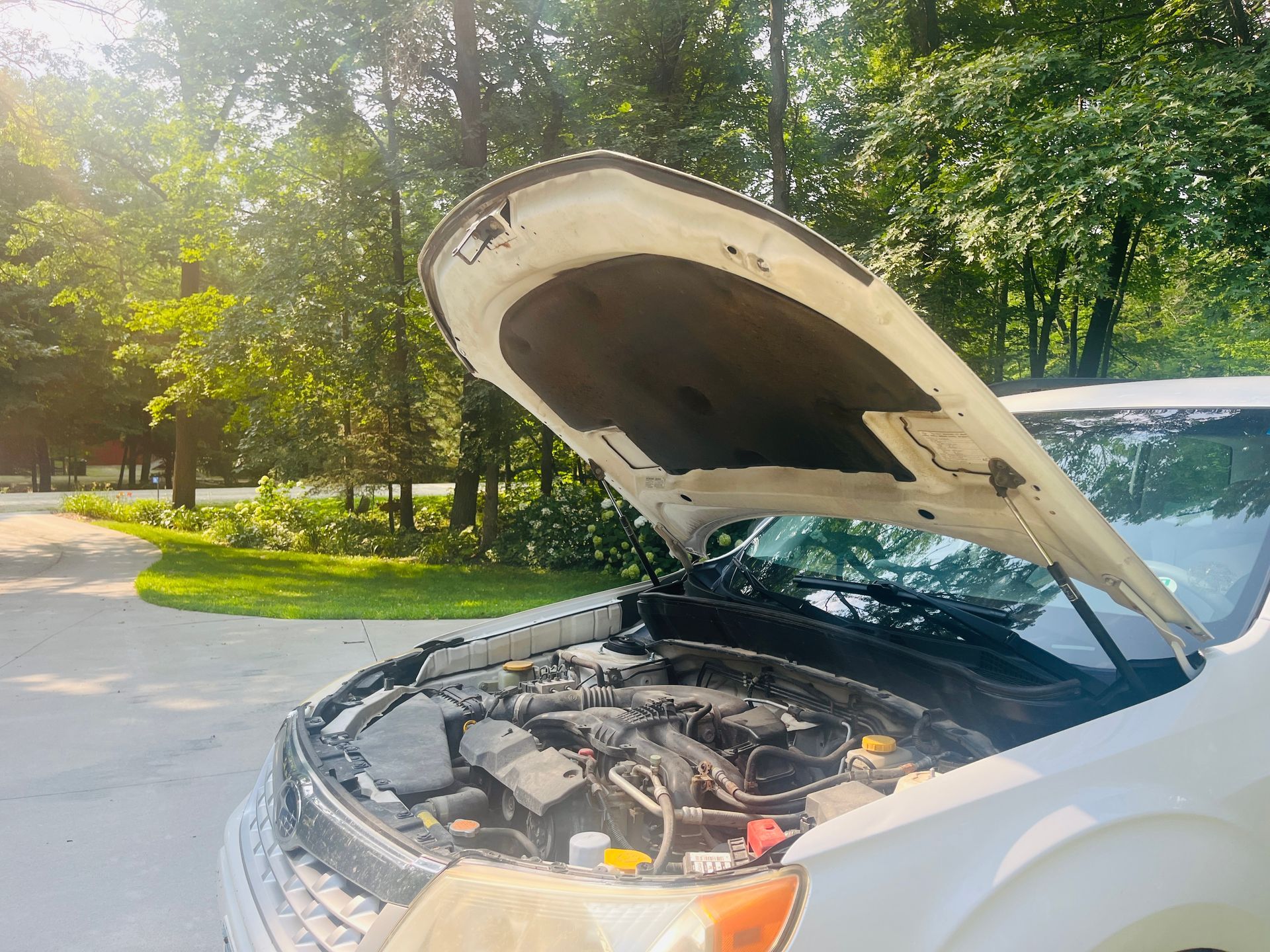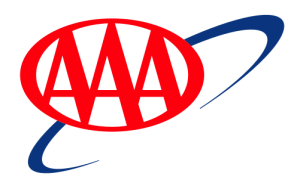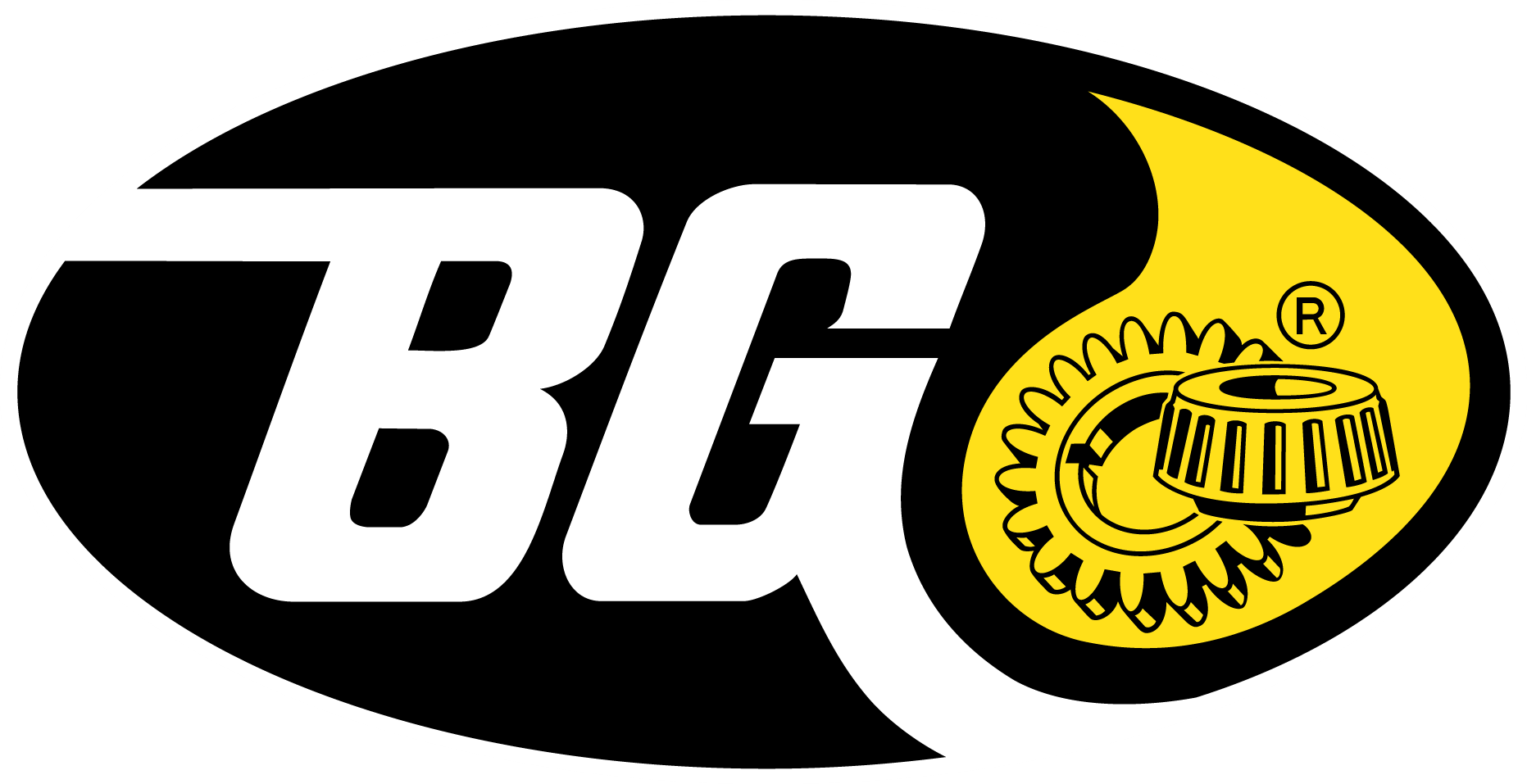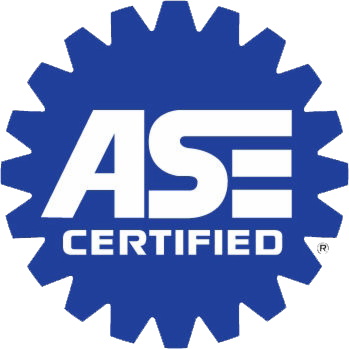The talent and training of your car doctor
March 5, 2015
Have you ever tried to get grease out of a shirt? It's quite a challenging chore, to say the least. Because technicians get incredibly dirty and greasy working on cars, I am grateful there are uniform companies that launder the shirts for the guys. We recently had to trade in some old shirts for our Shop-Foreman since his shirts are almost four years old. The new shirts have come but it's been like pulling teeth to get the new insignia patches sewn on. Instead of continuing to pull my hair out trying to get them to comply, I decided to take on the task myself.
Do you sew? Have you ever sewn anything onto a sleeve of a shirt? Of course, that is where the patches were to be sewn-taking much longer than I anticipated because I kept sewing the darn sleeve together! My husband entered the room and asked, "Are you done yet?" I replied, "This is not as easy as it looks!" Perhaps by my tone or body language, he knew just how to reply to make me laugh instead of strangle him: "It doesn't look easy to me!"
Why would I go through the trouble of completing this task? It's quite simple. Technicians who have incredible credentials, automotive knowledge and years of experience are quite valuable. I want the ones working at our shop to know how important they are. Perhaps it's a bit like a doctor who has earned "MD" or "PhD" but you won't let him have the privilege of putting it on his nametag. Of course, a mechanic does not denote the prestige a doctor does. But have you ever considered the similarities of the two professions? Perhaps a mechanic is really like a car doctor.
Education
A physician's education is far more intense, much longer and more expensive than an automotive technician's. It includes an undergraduate degree, medical school, residency program and for some, a fellowship(s). Their years of hard work, incredible knowledge and effort are usually rewarded by a position where they get to practice what they love doing, a generous salary and the respect of many.
In contrast, a mechanic will attend a technical college for training of the basic systems, procure a job at a repair shop and begin on-the-job training. In addition, he will have the ability to attend more in-depth classes and obtain certifications. Have you heard a shop advertise that they have ASE (Automotive Service Excellence) certified technicians? These are perhaps the most well-known certification(s) technicians can strive to pass-showing their commitment and expertise to the industry and advancing their knowledge and skill. It is these patches, along with the advanced patches, that I have been sewing on shirtsleeves.
Though the initial education time varies greatly, both human doctors and "car doctors" need to stay current on the latest advances so continuing education is a must. New drugs, research and methods are constantly introduced in the medical field and physicians must be able to apply this to their patients.
Likewise, new model vehicles are released every single year and the engineering progress leads to some very complicated technology. Most cars have 30+ computers on board and up to 100 for luxury model vehicles. Your mechanic is no longer diagnosing and repairing a simple machine. He is expected to know so much more than mechanics of the past.
Diagnostics
Physicians have all sorts of diagnostic tools at their fingertips-blood work, MRIs, x-rays, etc. They order medical tests for their patients based on their expertise. More often than not, other healthcare workers perform the testing ordered. You are charged for each individual test performed, no matter if it yields any helpful results. And who reads those results? The doctors do-because they are formally trained to do so.
In the same manner, your mechanic will rely on his experience and knowledge to decide which tests to perform based on the symptoms your vehicle has. Unlike the physician, they must perform these tests themselves. Many people think that the mechanic hooks up a "magic scan tool" and it tells him the problem. There is more to it than this-he must read those codes, understand what they mean, run more tests to pinpoint the problem and decipher if there is just one problem or many.
And what about the tools and diagnostic equipment? The auto repair shop, of course, purchases some of it. However, did you know that mechanics are expected to purchase many of their own tools? Many experienced technicians have made a personal investment of tens of thousands of dollars to buy tools that will serve them to more quickly diagnose or perform repairs. Wouldn't you think that the cost of your repair should be increased in order to cover this expense? It is not. A diagnostic rate will be charged based on the system affected. Technicians do their best to find the problem within the allotted time-this is where a more seasoned technician has much more value than a less experienced one. However, if the problem is more complicated and takes more time to pinpoint, it may cost more. The good news for you-you are not charged for the individual tests performed.
Lifesavers
Doctors save lives in so many ways. But have you ever thought about how many car accidents have been prevented by the know-how of a mechanic? Vehicles can be dangerous weapons-if they are not properly maintained and repaired, they can kill the operator as well as many others on the roads. This is why it is crucial to find a mechanic you can trust. He can tell you, based on expertise, what is needed for your safety. But he can't make you fix it. I suppose it may be like a doctor who has diagnosed your problem and told you how to fix it with treatments or medication. If you choose not to follow his/her advice, you will have to suffer the repercussions. However, if you choose not to follow the advice of your mechanic, you may put other's lives in jeopardy on the roads.
It is my joy and honor to work with these educated, life-saving, diagnostic professionals. Their value is more than meets the eye … perhaps the patches on their sleeves will help remind you of how incredible they are.

